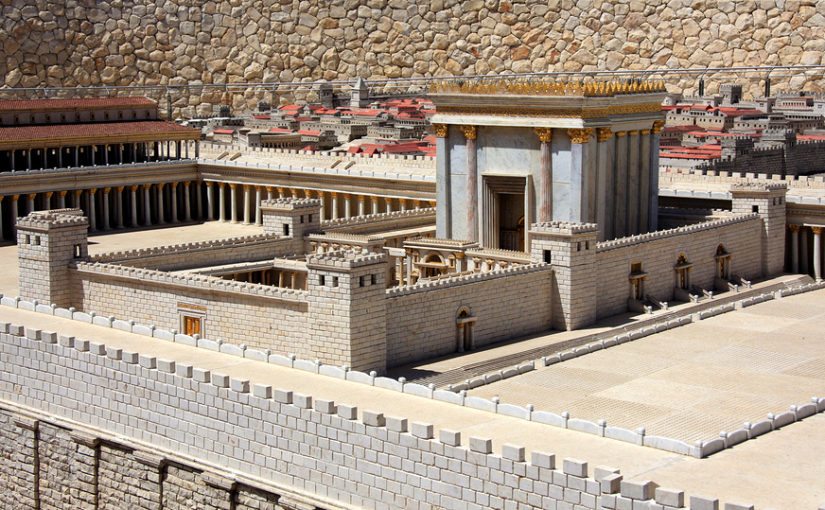
Today’s Reading: Luke 16
Then Death and Hades were thrown into the lake of fire. This is the second death, the lake of fire. And if anyone’s name was not found written in the book of life, he was thrown into the lake of fire (Revelation 20:14-15).
The parable of the rich man and the beggar in Luke 16, our scripture for today, takes us back to this setting. The story isn’t about Judgment Day itself, but gives the perspective of someone (the rich man) who had been living in Hell for a while. Jesus uses this story to teach his audience (and us) some very sobering lessons about Judgment Day. Let’s look at a couple –
- We must declare Jesus as Savior and Lord while we are still living. Salvation is the free gift of God, but it isn’t automatic. We must choose to put our faith in Jesus. Like the rich man who had the opportunity to help Lazarus every day, we have more than one opportunity to choose Jesus during our lives on earth. We don’t get to change our minds after we die.
“But Abraham replied, ‘Son, remember that in your lifetime you received your good things, while Lazarus received bad things, but now he is comforted here and you are in agony. And besides all this, between us and you a great chasm has been set in place, so that those who want to go from here to you cannot, nor can anyone cross over from there to us’ (Luke 16:25-26).
- God’s word has already given us all the evidence we need to come to faith in Jesus. Our sin and need for a Savior is evident throughout the Bible. If we are unwilling to accept this reality and reject God’s word, no miracle will change our hearts.
He said to him, ‘If they do not listen to Moses and the Prophets, they will not be convinced even if someone rises from the dead’(Luke 16:31).
Here is the good news – for those of us who have already put our faith in Jesus Christ, Revelation 20:14-15 aren’t scary verses at all. We know our names are written in the Book of Life and look forward to spending eternity with God in Heaven.
If you are reading this post today and haven’t already put your faith in Jesus, it isn’t too late. Today can be your day. Will you say this prayer with me?
God, I confess I am a sinner and deserve the consequences of my sin. I believe you died for my sins and rose from the dead. Today, I ask for your forgiveness. I turn from my sins and invite you to come into my heart and life. I accept you as Savior and Lord. Amen.








